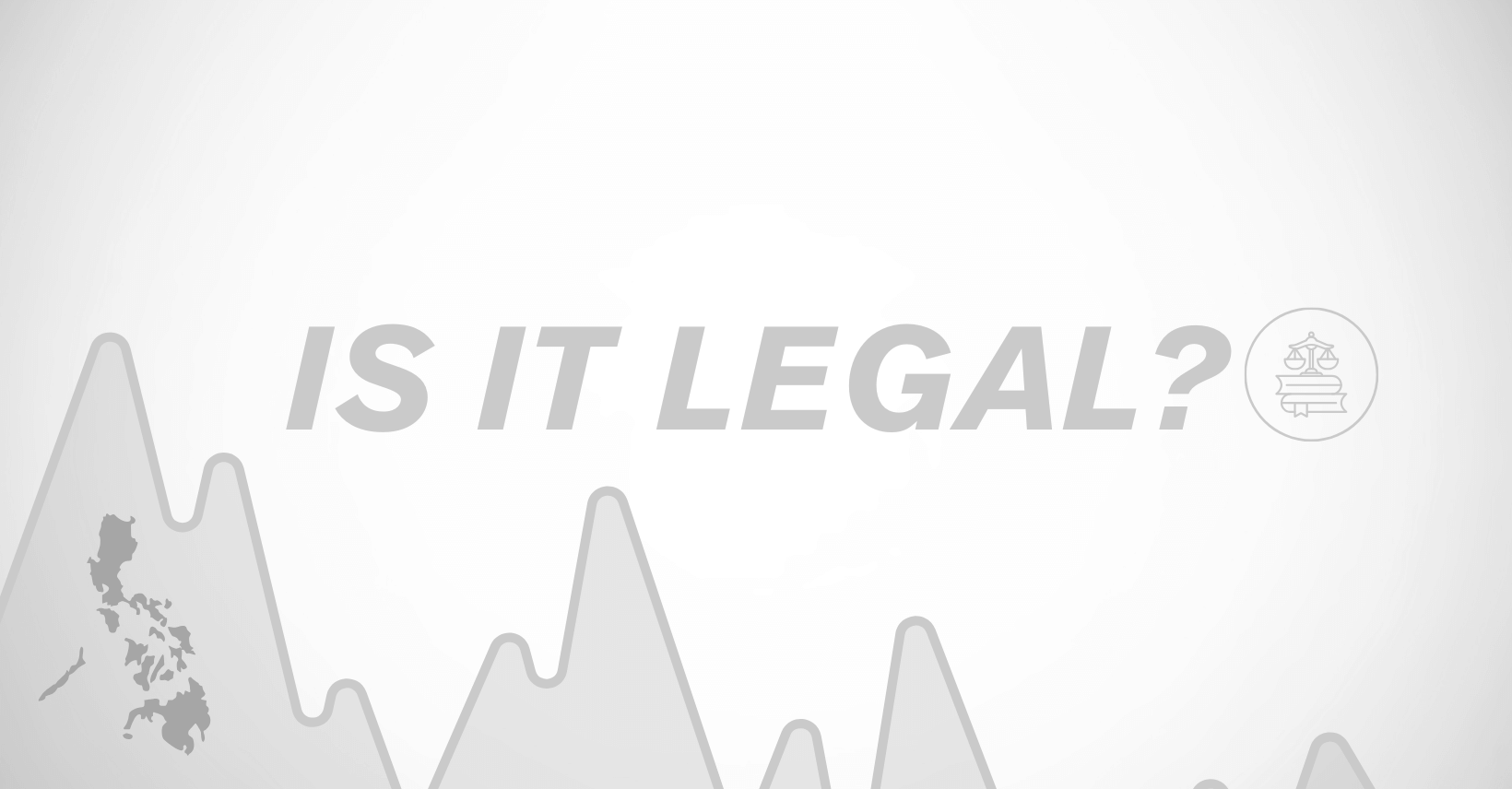Is Forex Trading Legal in the Philippines?

Trading Forex trading (FX), also known as foreign currency trading, is becoming increasingly popular in the Philippines. However, one of the most common questions—especially among aspiring traders who are just getting started—is: Is forex trading legal in the Philippines?
As law-abiding citizens, it’s only natural to want to make sure we’re doing things the right way and avoiding potential issues in the future. That’s why, in this short blog post, I’ll explain everything you need to know about the legalities of forex trading in the Philippines.
Is Forex Trading Legal in the Philippines?
Short answer: Yes. You can legally trade forex in the Philippines. However, there are currently no locally regulated retail forex brokers in the country.
At present, the Philippine government does not have specific laws or a dedicated regulatory body that oversees retail forex brokers. Because of this, brokers are unable to apply for a local license to operate as forex trading platforms within the Philippines.
So, what does this mean for Filipino traders?
You can still trade forex, but it is done at your own discretion, since the local government cannot provide protection or assistance if issues arise. This is why most Filipino traders choose to trade through offshore online forex brokers instead.
The good news is that many offshore brokers are regulated by top-tier international authorities, such as ASIC, CySEC, FSC, DFSA , and other global regulatory bodies.
To be clear, forex trading is legal in the Philippines, but there are no locally regulated retail forex brokers—unless you trade through banks or money exchange institutions, which is not practical for most retail forex traders.
Best Forex Brokers in the Philippines
If you’re still looking for a broker to trade with, below is my personally selected list of forex brokers you can choose from. Each broker has passed our criteria for what we consider the best forex brokers in the Philippines, based on regulation, reliability, and trader-friendly features.
⚠️ Disclaimer
Forex trading involves risk. The content on this website is for educational purposes only and does not constitute financial advice. You may lose part or all of your capital. Always trade responsibly and at your own risk.
